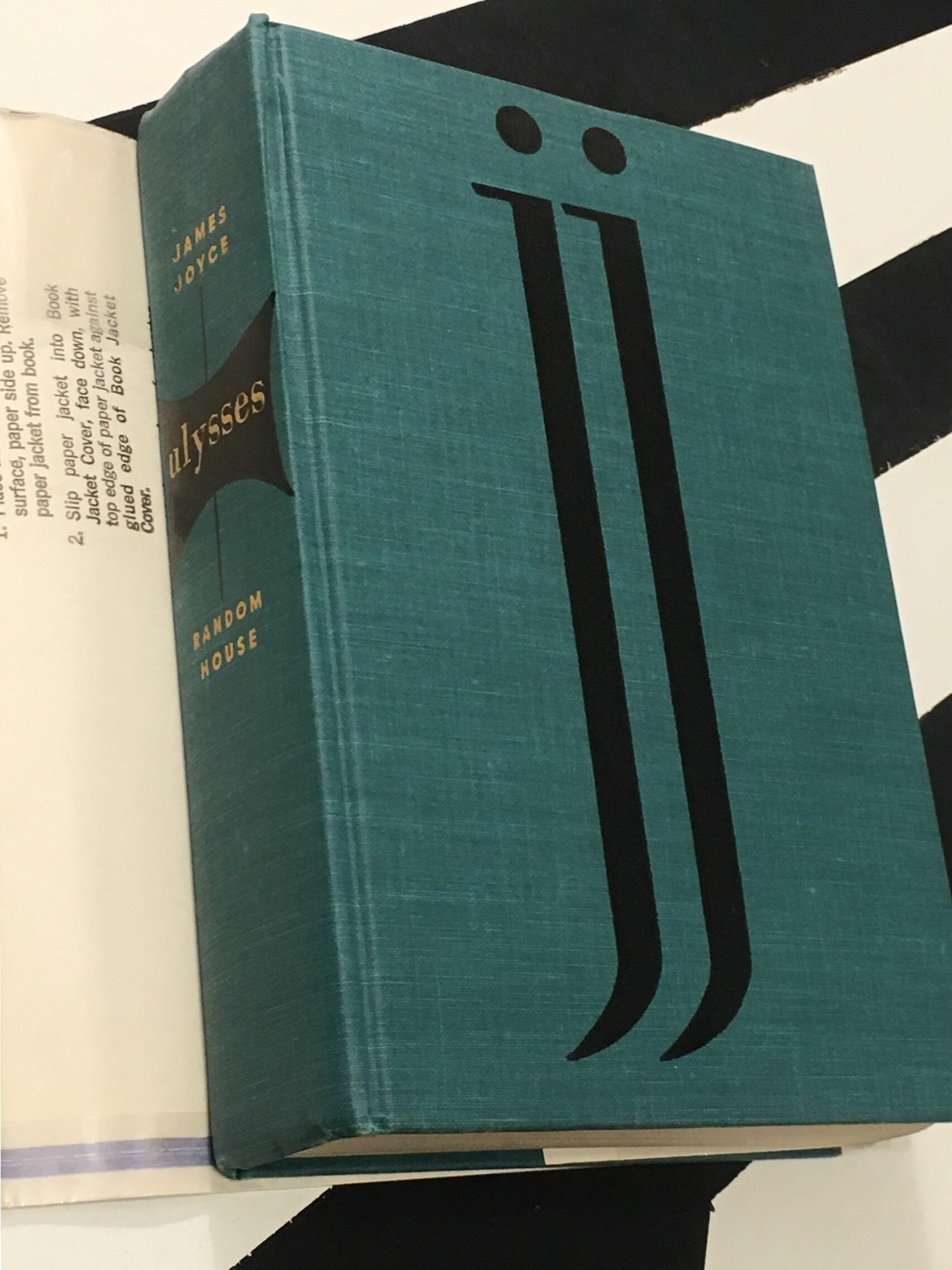



The majority of writers, practically all, transfer their conscious, deliberate thought to paper. His literary output would seem to substantiate some of Freud’s contentions. He does not seek to give them orderliness, sequence or interdependence. He is the only individual that the writer has encountered outside of a madhouse who has let flow from his pen random and purposeful thoughts just as they are produced. He seeks to tell the world of the people that he has encountered in the forty years of sentient existence to describe their conduct and speech and to analyze their motives, and to relate the effect the “world,” sordid, turbulent, disorderly, with mephitic atmosphere engendered by alcohol and the dominant ecclesiasticism of his country, had upon him, an emotional Celt, an egocentric genius, whose chief diversion and keenest pleasure is self-analysis and whose lifelong important occupation has been keeping a notebook in which has been recorded incident encountered and speech heard with photographic accuracy and Boswellian fidelity. That he has a message there can be no doubt. Then the attentive and diligent reader would eventually get some comprehension of Mr. It should be companioned with a key and a glossary like the Berlitz books. ULYSSES by James Joyce | Review first published May 28, 1922Ī few intuitive, sensitive visionaries may understand and comprehend “Ulysses,” James Joyce’s new and mammoth volume, without going through a course of training or instruction, but the average intelligent reader will glean little or nothing from it - even from careful perusal, one might properly say study, of it - save bewilderment and a sense of disgust.


 0 kommentar(er)
0 kommentar(er)
